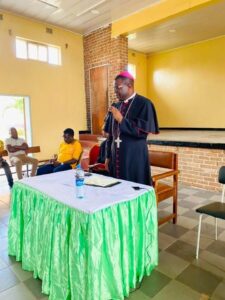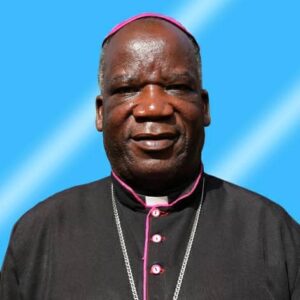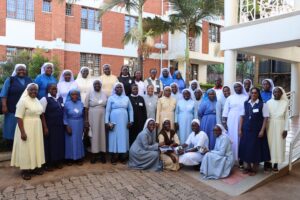TANZANIA: Condemn Evil, Teach Politicians to do Justice
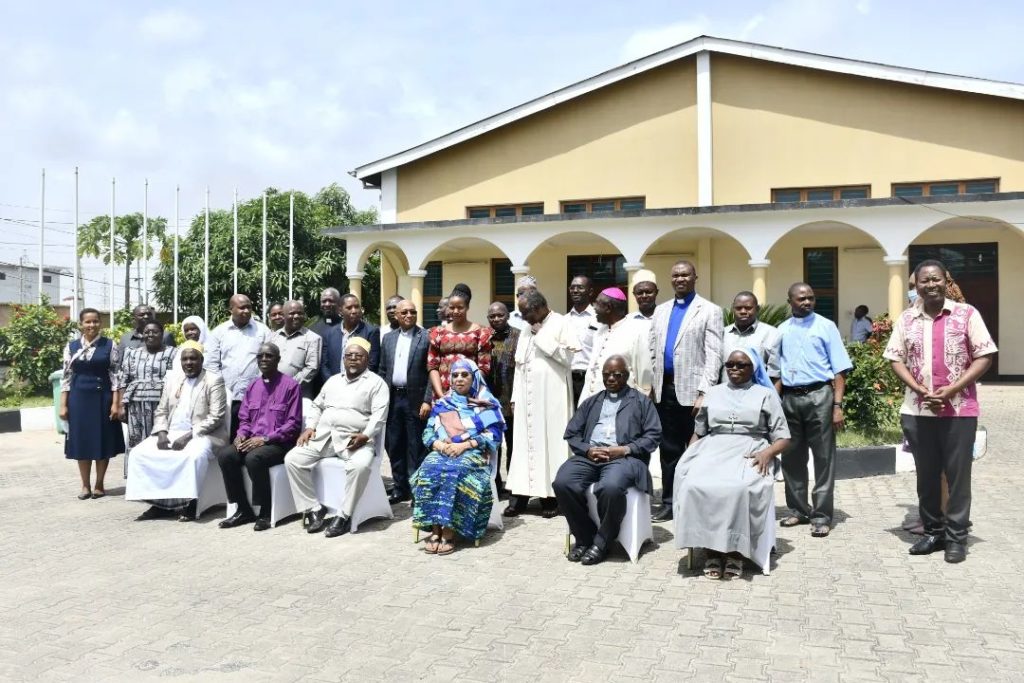
Sarah Pelaji
Proper education, along with in-depth research and analysis on the various challenges facing society, have been cited as a tool that will help religious leaders in Tanzania to address those challenges, thus becoming a real role model for the voiceless.
This was stated during the meeting of Religious Leaders on Sustainable Development in Tanzania: Encouraging the role and responsibility of these leaders in participating in, monitoring and resolving social issues, held at the Tanzania Episcopal Conference (TEC), Kurasini Dar es Salaam.
The meeting was organized by the TEC Standing Committee on Interfaith Leaders for Economic Integrity in Creation (ISCEJIC), coordinated by TEC with funding from the Norwegian Church Aid (NCA). The meeting included Catholic Bishops and priests, Sheikhs and leaders the National Council of Muslims in Tanzania (BAKWATA) and the bishops and pastors from Christian Community of Tanzania (CCT).
TEC Representative, Bishop Severine NiweMugizi, presented the importance of religious leaders in raising awareness, participation and monitoring of social issues; and the role of religion in bringing about development and protection of justice for individuals and communities through the lenses of Holy Scriptures.
Rt. Rev. NiweMugizi who is Bishop of the Catholic Diocese of Rulenge-Ngara and expert in Law, said religious leaders, despite having a knowledge of the Scriptures, should also pay close attention to what is happening in the community, keep record of it and do thorough social analysis, so that they may be able to communicate effectively and competently the word of God.
“Before addressing any issue, make sure you know the depth of the issue you are addressing. Sometimes we have kept quiet and remained silence in sensitive issues that hurt the community because we are less informed. In order to have power in addressing certain issues, we religious leaders must pay close attention to what is happening and do a thorough study,” he insisted.
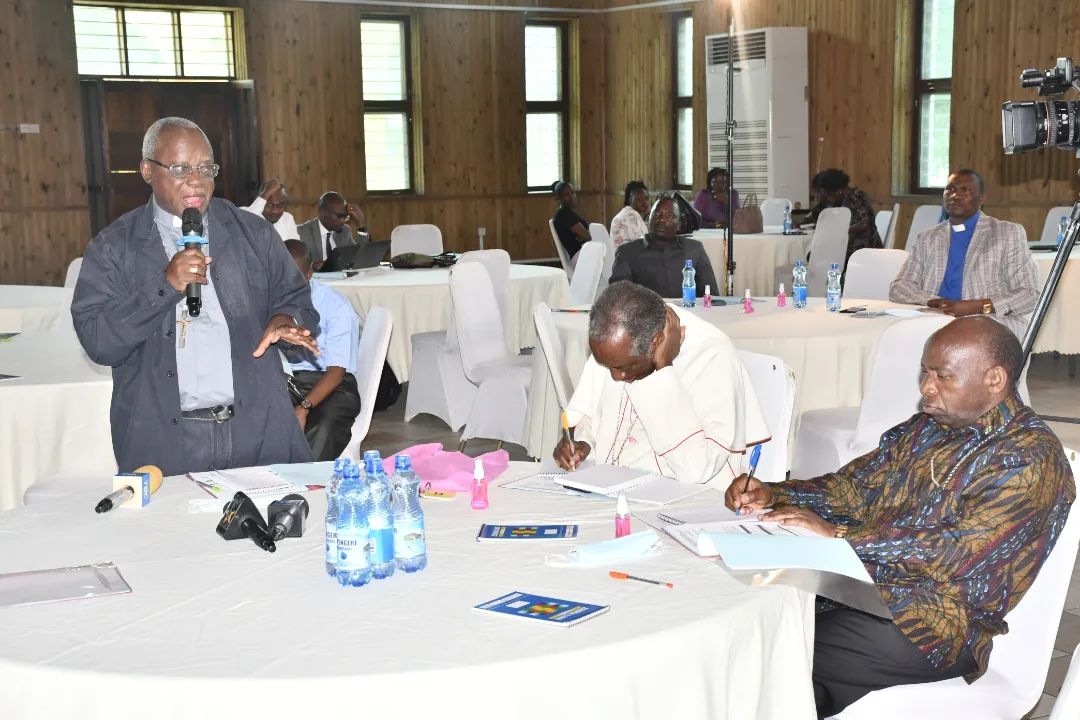 He also emphasized that the clergy, in their advocacy, should realize that it is their responsibility to use their prophetic voice to uphold justice for all groups within the community.
He also emphasized that the clergy, in their advocacy, should realize that it is their responsibility to use their prophetic voice to uphold justice for all groups within the community.
“If a religious person has something to say but he keeps silent, that is lying. We must use our prophetic voice to promote justice in society and this is further emphasized in on Jeremiah 22: 2-5 that religious leaders are prophets, the lips of God…Political and government leaders are the fruit of the clergy because they are followers of our religions, so we have the responsibility to teach them about justice and peace,” said Bishop NiweMugizi.
He described religious leaders as “the voice of the weak” adding, “It is not true that they mix religion with politics as some people including politicians claim.”
Contributing to the topic, the Mennonite Church bishop and Chairman of ISCEJIC, Bishop Nelson Kisare, explained that justice is a divine attribute not human (Isaiah 33: 17-18), but the challenge lies in analyzing the ideas. He stressed that the role of religious leaders is to impart divine education to their followers and to society as a whole without fear.
“God is above all pillars and we as his advocates must stand up for justice and look at what is being done by all the pillars of government including Parliament, Government and the Judiciary if it is right, on the contrary, we must stand firm and fulfill our responsibilities,” he said.
BAKWATA Representative Sheikh Khamis Mataka who is also the Co-chairman of ISCEJIC, said that apart from understanding of the Sacred Scriptures, religious leaders should also build their capacity to understand social issues and that in advocacy, it is important that the religious leaders are well informed
He said that sometimes religious leaders under the Interfaith Tanzania fail to issue warning or educative statements to the society because some religious leaders involve themselves in politics while others are not well informed.
He insisted on religious leaders in Tanzania remaining one, becoming a real voice of the voiceless.
Sheikh Khamis emphasized that it is the role of religious leaders to warn politicians and condemn the evils in society.
